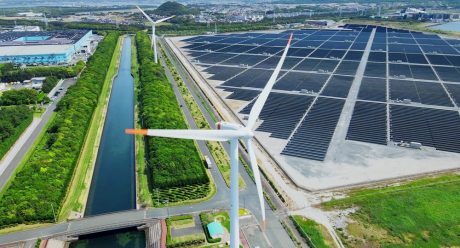The complexities of decarbonisation are among the most pressing concerns for corporates in the current climate. Writing for the April-June 2024 issue of Corporate Disputes Magazine, Mark McMahon and Pardis Jahanfar considered the relative merits of different dispute resolution methods when it comes to climate change disputes, and what investors and states need to consider.
Decarbonisation – the reduction or elimination of carbon dioxide from manufacturing or energy production – is one of the most significant industrial and commercial challenges facing corporates. States around the world are under pressure to enforce regulatory changes in line with their obligations under the Paris Agreement. This has prompted the introduction of regulations and policies, both at domestic and international levels, which have an impact on corporates. Regulatory and policy changes inevitably introduce uncertainties, which lead to an increased number and more varied types of disputes.
In the energy sector, shifts in government support, tariffs or environmental policies may impact a company’s supply chain by influencing investment decisions and project timelines, thereby causing delays to contractual deadlines.
The International Chamber of Commerce (ICC) report, ‘Resolving Climate Change Related Disputes through Arbitration and ADR’, identifies three broad categories of potential climate change related disputes:
- Specific transition, adaptation or mitigation contracts
- Contracts not specifically related to transition, adaption or mitigation
- Submission agreements
The increased potential for complex climate change related disputes, should not be feared by companies but embraced as catalysts for much needed change. The best method of dispute resolution must be considered on a contract-by-contract basis, as each has its strengths and weaknesses.
Arbitration is widely considered the best method of dispute resolution in climate change related disputes. As matters stand, the data from the major arbitral institutions indicate that heavily emitting industries such as energy, construction and the financial sector are overwhelmingly represented among the users of arbitration.
The full article is available to subscribers of the Corporate Disputes mailing list. Subscription is free.
You can find further information regarding our expertise, experience and team on our International Arbitration page.
If you require assistance from our team, please contact us.
Subscribe – In order to receive our news straight to your inbox, subscribe here. Our newsletters are sent no more than once a month.




